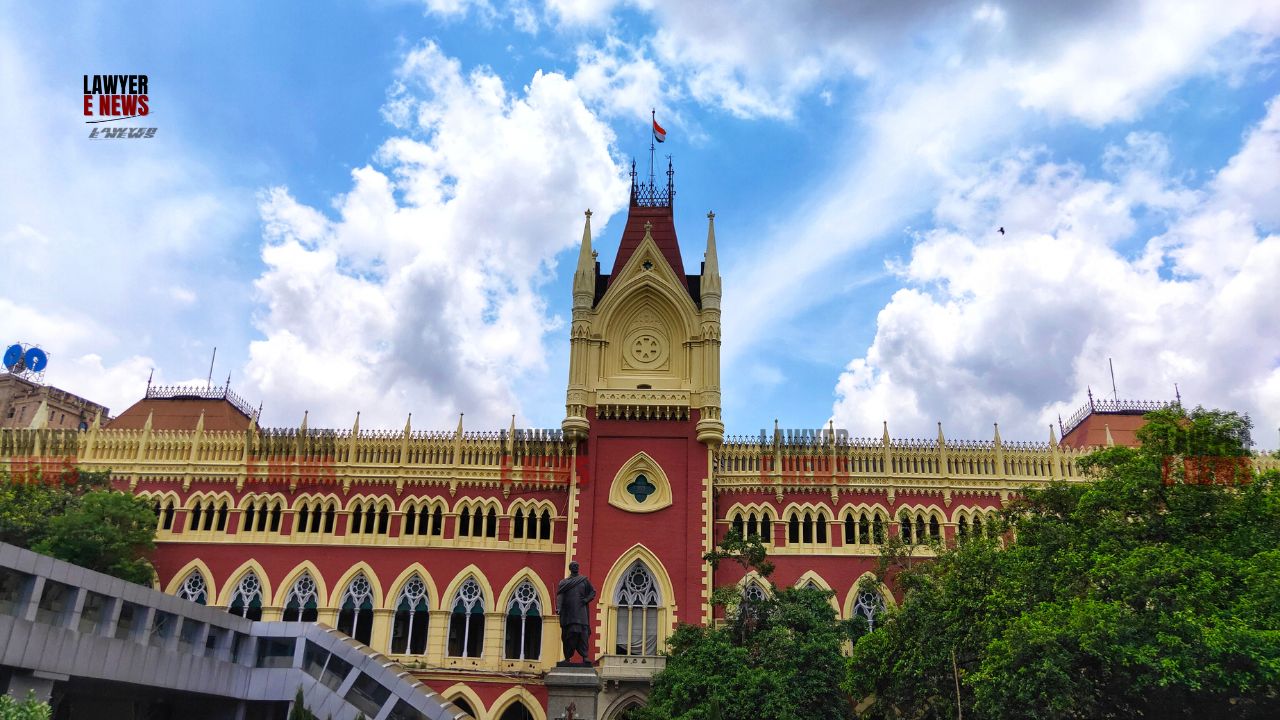-
by Admin
15 February 2026 5:35 AM



The Calcutta High Court has denied an anticipatory bail application filed by Deb Narayan Das and another petitioner in a dowry harassment case. The court, led by Justices Debangsu Basak and Md. Shabbar Rashidi, ruled that no significant change in circumstances had occurred since the earlier denial of bail in March 2024. The court further highlighted that the ongoing investigation and evidence on record necessitate the continued denial of anticipatory bail.
The petitioners, Deb Narayan Das and another, were seeking anticipatory bail in connection with a case filed under Sections 498A (cruelty by husband or his relatives), 323 (voluntarily causing hurt), 406 (criminal breach of trust), 506 (criminal intimidation), and 34 (acts done by several persons in furtherance of common intention) of the Indian Penal Code, along with Sections 3 and 4 of the Dowry Prohibition Act, 1961. The case, arising out of a complaint filed at the Durgapur Women Police Station, has been ongoing, with the petitioners previously being denied bail in March 2024.
Credibility of the Complainant’s Allegations: The court noted that the petitioners’ arguments centered on a Right to Information (RTI) response indicating that no FIR was registered at a Mumbai police station, as claimed by the complainant. The petitioners argued that this constituted a material change in circumstances, warranting a reconsideration of their bail plea. However, the court observed that the earlier decision was not solely based on the alleged Mumbai FIR but also on the complainant’s detailed accusations of physical and mental torture.
Ongoing Investigation and Case Diary: The court reviewed the case diary, which included statements from the complainant’s parents implicating the petitioners in dowry demands and harassment. The court emphasized that the investigation was still in progress and that the evidence collected so far substantiated the complainant’s claims, justifying the continued denial of anticipatory bail.
No Misleading Information: The court addressed the petitioners’ claim that they were misled during the earlier bail rejection due to incorrect information about the Mumbai FIR. The judges clarified that they had been aware of the situation regarding the FIR and had based their March 2024 decision on a comprehensive assessment of all available facts, including a complaint lodged in Jalgaon, Maharashtra.
The court reiterated that anticipatory bail should be granted only in cases where there is a significant change in circumstances or when new evidence comes to light. In this case, the court found no such change and emphasized that the ongoing investigation and existing evidence continued to implicate the petitioners in serious charges. The court thus concluded that granting anticipatory bail would hinder the investigation.
“We are not in a position to return a finding that we were misled by any submission made on behalf of the de facto complainant on March 6, 2024,” the bench remarked, reinforcing their earlier decision to reject bail. The judges also noted, “There is no material change in circumstances since the earlier order of rejection dated March 6, 2024.”
The Calcutta High Court’s ruling underscores the judiciary’s cautious approach in cases involving serious allegations such as dowry harassment. By reaffirming their earlier decision, the court has sent a clear message about the importance of thorough investigation and the need to ensure that justice is served without prematurely granting bail in cases with substantial evidence. This judgment is likely to influence similar cases where anticipatory bail is sought amidst ongoing investigations.
Date of Decision: August 22, 2024.
Deb Narayan Das & Anr. Vs. The State of West Bengal & Anr.
